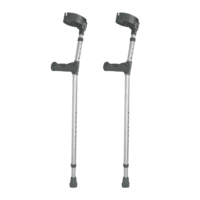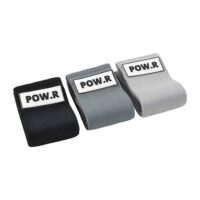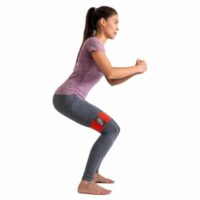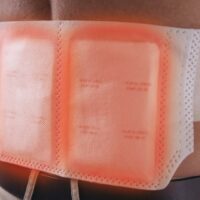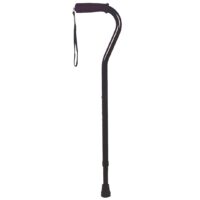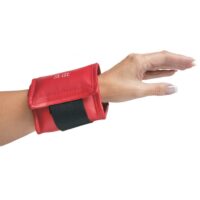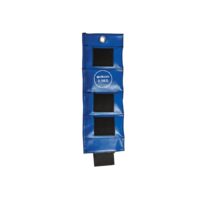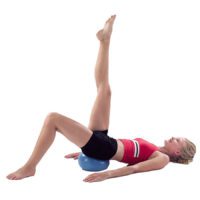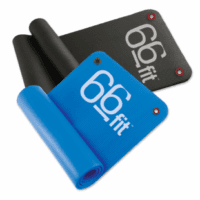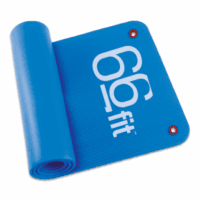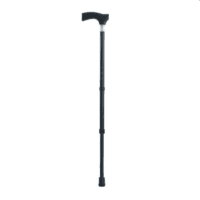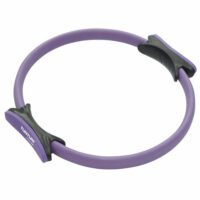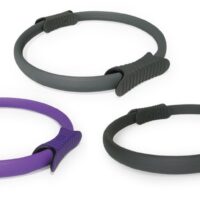Hip Pointer
Article by John Miller

Understanding Hip Pointers
Hip pointers occur when you sustain a bruise on the hip’s upper bone or the outer edge due to direct impact. These injuries may also lead to avulsion fractures, causing pain and hampering movement.
Common Causes of Hip Pointer Injuries
Hip pointers typically stem from direct blows or falls onto hard surfaces. They’re prevalent in contact sports and can also occur through everyday mishaps.
Identifying Symptoms of a Hip Pointer
The hallmark symptoms include immediate pain following impact, exacerbated pain during activities, tenderness, visible bruising, swelling, and limited hip movement. Limping is another common indicator.
Diagnosis of a Hip Pointer

Professionals, especially physiotherapists, diagnose hip pointers by examining the injury and considering its cause. They’ll conduct a comprehensive assessment to ensure an accurate diagnosis.
Effective Treatment for a Hip Pointer
Treatment commences with rest, ice application, and compression to alleviate swelling and discomfort. Frequent ice application is crucial in the initial 72 hours post-injury. Sufficient recovery time is essential, and mobility aids like crutches may be necessary. Healing can span up to three weeks.
Physiotherapy Management for a Hip Pointer
Physiotherapy plays a crucial role in the recovery from a hip pointer. After diagnosing the extent of the injury, a physiotherapist will tailor a rehabilitation program to address pain management, healing, and restoring function.
Initial Pain Management
The first stage of physiotherapy focuses on managing pain and reducing inflammation. This includes applying ice, using compression bandages, and advising on rest and elevation to minimise swelling.
Mobility and Strength Restoration
As pain allows, the physiotherapist will introduce exercises aimed at maintaining and gradually improving the range of motion within the hip joint. Strengthening exercises will also be incorporated to support the hip and prevent future injuries.
Functional Training
As healing progresses, the physiotherapist will integrate functional training into the therapy sessions. This includes sport-specific drills and activities that replicate daily or sporting movements to ensure the hip can withstand typical stresses.
Preventative Strategies
To prevent re-injury, physiotherapists may provide strategies such as protective equipment advice, technique modification for athletes, and ongoing strength and conditioning programs.
Final Assessment for Return to Activity
Before returning to full activity or sport, a final assessment is conducted to ensure the hip is ready to handle the specific demands of the sport or activity levels before the injury. This assessment will determine if any additional measures, such as taping or protective padding, are needed.
The goal of physiotherapy is not only to return the individual to their pre-injury state but also to equip them with the knowledge and physical capacity to prevent future occurrences.
Exercises and Rehabilitation from a Hip Pointer
During recuperation, physiotherapists may recommend specific exercises to retain hip mobility and prevent stiffness. Aquatic exercises are often advised to facilitate gentle movement without overloading the joint.
Returning to Sports after a Hip Pointer Injury
Returning to sports should be gradual, ensuring no pain during critical sporting activities, especially in contact sports. Employing protective padding over the affected area can offer additional defence against further injury.
Rochedale - Call 38410277
Book Online: Rochedale Salisbury - Call 32751044
Book Online: Salisbury Sandgate - Call 32691122
Book Online: Sandgate







